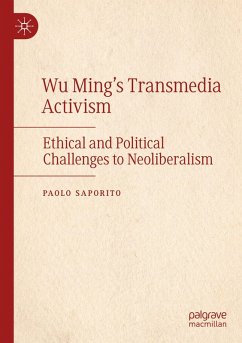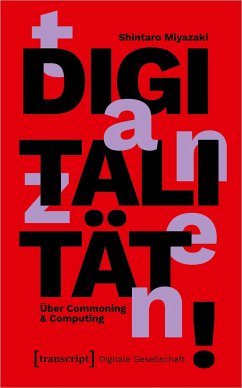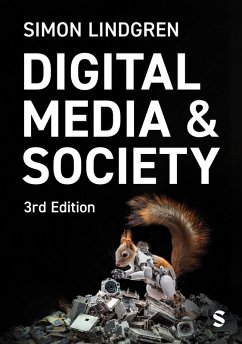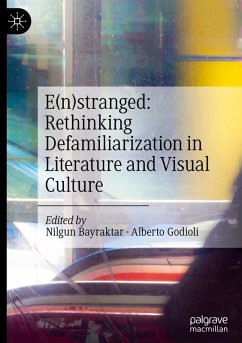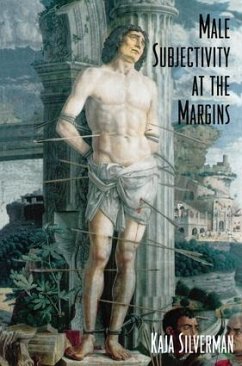
Wu Ming's Transmedia Activism
Ethical and Political Challenges to Neoliberalism
Versandkostenfrei!
Versandfertig in 6-10 Tagen
83,99 €
inkl. MwSt.
Weitere Ausgaben:

PAYBACK Punkte
42 °P sammeln!
This book explores the activism of the Italian collective Wu Ming. Engaging in a dynamic conversation with critical theory, post-workerist philosophy and eco-criticism, Saporito illuminates how Wu Ming's forms of protest radically challenge neoliberal models of subjectivity through a revived commitment to an eco-centric ethics. The book charts how Wu Ming's interventions, combining embodied, literary and online activism, aim to performatively create life-rhythms, practices and ultimately a political subjectivity alternative to fast-paced anthropocentric models imposed by neoliberal apparatuses...
This book explores the activism of the Italian collective Wu Ming. Engaging in a dynamic conversation with critical theory, post-workerist philosophy and eco-criticism, Saporito illuminates how Wu Ming's forms of protest radically challenge neoliberal models of subjectivity through a revived commitment to an eco-centric ethics. The book charts how Wu Ming's interventions, combining embodied, literary and online activism, aim to performatively create life-rhythms, practices and ultimately a political subjectivity alternative to fast-paced anthropocentric models imposed by neoliberal apparatuses. In-depth analyses of Wu Ming's participation in the 27th Genoa G8 Summit, literary texts and online presence define the trajectory of their interventions, which moved from a traumatic repudiation of neoliberal apparatuses in Genoa to a thorough exploration of how these apparatuses produce and control subjectivity. Wu Ming's literary texts invite the reader to grasp the complexity of the human-non-human relations these apparatuses exploit, while affirmatively exploring eco-centric ethical relations to the non-human other. Wu Ming open their bodies to these relations via hikes, walks, and performances where they try out slow-paced life rhythms and experiment with the non-human affordances of multiple media. Wu Ming's transmedia activism links these offline initiatives with online strategies that promote the collective creation of critical content, slow down online users' fast-paced experience, and mobilise a network of human and non-human agents that re-energise embodied, street actions.





